Tanzania
The Catholic Church of Tanzania denounced the violations of democratic principles and freedom of expression by the government of President John Magufuli, accusing him of endangering “national unity” in a pastoral letter published on Sunday.
“Political activities are prohibited by the instrumentalization of the police,” the letter by the Conference of Catholic Bishops of Tanzania read. The Church has been accused in recent months by the opposition of remaining silent in the face of “the dictatorial drift” of President Magufuli.
“The activities of political parties, such as public gatherings, demonstrations, marches, debates inside premises, which are the right of every citizen, are suspended until the next elections,” the bishops further bemoaned.
Denouncing “violations of the Constitution and national laws”, the statement also stressed that “media are closed or temporarily suspended, thus restricting the right of citizens, to be informed, freedom of opinion and the right to privacy and expression”.
The clergy also noted that the current political atmosphere bred “division and hatred that could endanger peace, security and the lives of citizens.”
They also point to tensions that continue to mark by-elections at different levels. “These elections leave a feeling of anger, a thirst for revenge and a lack of interest in other elections,” they noted.
“If we allow this climate to continue, let us not be surprised to find ourselves tomorrow in more serious conflicts that will destroy the foundations of peace and national unity,” warned the bishops.
The Catholic Church was criticized for being silent after the alleged assassination attempt in September 2017 on Tanzanian MP Tundu Lissu, the opposition chief in parliament.
Lissu, who is also president of the Bar Association, is currently being hospitalized in Brussels after months of intensive care in Kenya.
Although the attack was carried out in broad daylight, in a residential area guarded by the police, no suspect has yet been arrested. The parliamentary party, Chadema, accuses the government of being behind the attack.
Nicknamed “Tingatinga” (Bulldozer in Swahili), President Magufuli has made an impression since taking office at the end of 2015, being unyielding in the fight against corruption.
But his unconventional and brutal style earned him the reputation of being autocratic and populist by his detractors, while freedom of expression is increasingly reduced in the country.
Opposition party meetings banned, newspapers closed, and journalists and artists beaten or threatened with death for criticizing government.
AFP



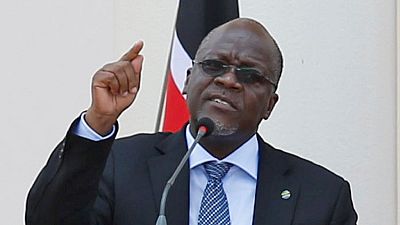



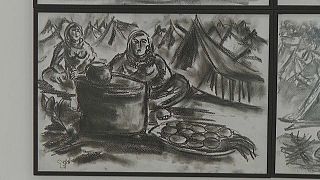
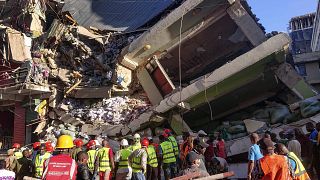
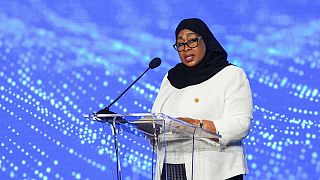
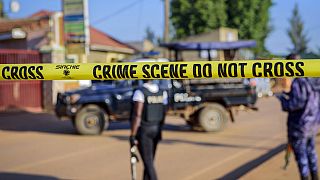

01:26
Tens of thousands rally in New Zealand in support of Māori rights
11:05
New era of sovereignty in Mali's gold sector [Business Africa]
01:00
Somaliland counts votes after pivotal election
Go to video
World's longest detained journalist wins rights prize
00:56
South Sudan's peace monitoring body meets to discuss election postponement
Go to video
Guinea: opposition placed "under observation" and 53 parties dissolved